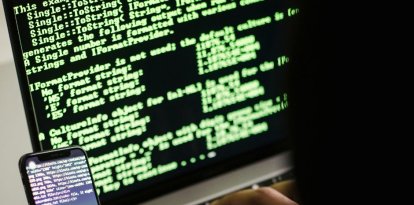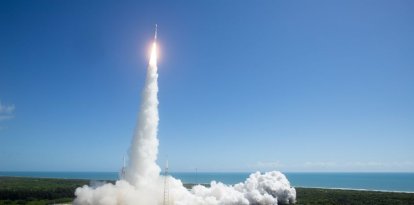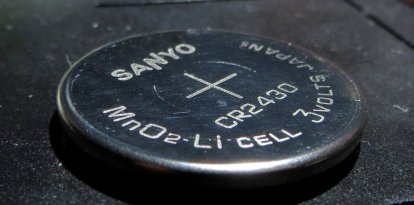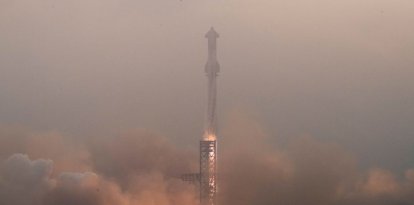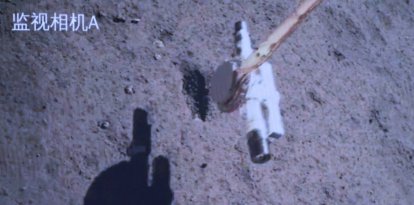Israel using drones and robotics to avoid a bloodbath in its ground operation in Gaza
The development of cutting-edge military technology and the use of AI offer the Israeli military significant advantages in urban warfare.
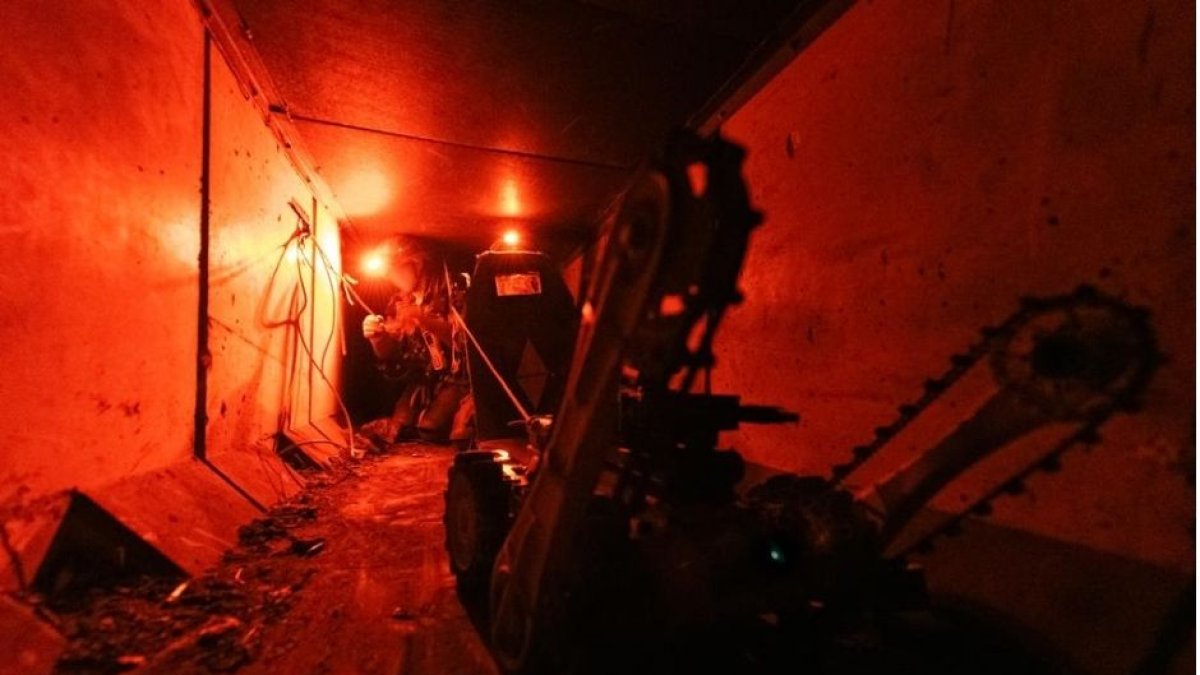
(IDF Spokenperson Unit)
The use of the latest military technology has been key to the Israeli military. For years, several of its most recognized contractors have developed robots and drones with artificial intelligence capable of supporting ground operations, minimizing the cost of human lives in these conflicts. Thanks to the latest advances, these devices can identify suspected terrorists among civilians, avoid obstacles, climb stairs and even open doors.
Avoiding the high death toll in urban warfare is essential for Israel
Avoiding the high death toll typically caused by urban warfare, such as if the Israel Defense Forces enter the Gaza Strip, is one of the priorities of the Israeli military. They spare no expense to promote creativity and scientific advances in this field. "We don’t want to have a lot of collateral damage in future conflicts in urban scenarios. This is one of the main thing we can leverage drones and robotics for," an Israeli colonel told the Jewish News Syndicate.
For example, last year, the Israeli Ministry of Defense and the U.S. Department of Defense organized the first Mobile Standoff Autonomous Indoor Capabilities (MoSAIC) challenge. Twenty companies showed off the abilities of their drones or robots in a series of tests inside a building. "The winners will receive funding for further product development, gain access to American and Israeli government officials, and will be accepted into the Merge Institute in California’s prestigious startup program," read the statement from the Israeli Defense Ministry.
Permanent development
Five categories were established for companies to compete in, each with a fundamental application for the urban warfare of the future: tactical robotic systems, human presence detection (through a wall), people and object tagging, indoor navigation and room mapping. The companies that participated, such as Shield AI, which finished second in the robotic systems category, have continued to develop and improve their proposals, and even starred in documentaries on platforms such as Netflix.
Israel takes advantage of the AI revolution
With the arrival of AI, companies have been quick to use it to exponentially improve the capabilities of military devices. For example, Rafael, one of the most important arms companies in the world, created, together with Any Vision, Sight X, a company for the development of advanced detection and tracking technologies using artificial intelligence. The progress made has been very promising.
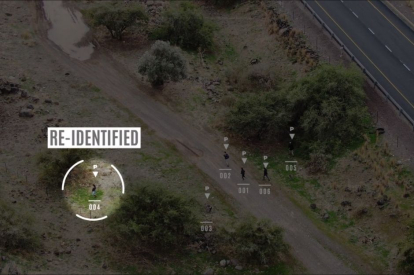
Capturing drone view of suspects
(SightX video)
In March, Rafael presented METRO DOME, "an Unmanned Traffic Management (UTM) system for drones. ... Using fully autonomous UTM, this system safely & efficiently manages lower airspace, from individual drones to drone fleets, while responding in real-time to events."
The Israeli military has already carried out tests with drones and robotics
Although the development of these devices requires a long time, the Israeli army has already carried out tests with robotics and drones that allow them to neutralize terrorists behind lethal obstacles, according to Israel Radar. Thanks to drones, soldiers can detect, identify and even neutralize terrorists from a distance. Thanks to robots, roads and cities can be cleared of mines, explosives and even barbed wire to allow troops safe passage to their target.













